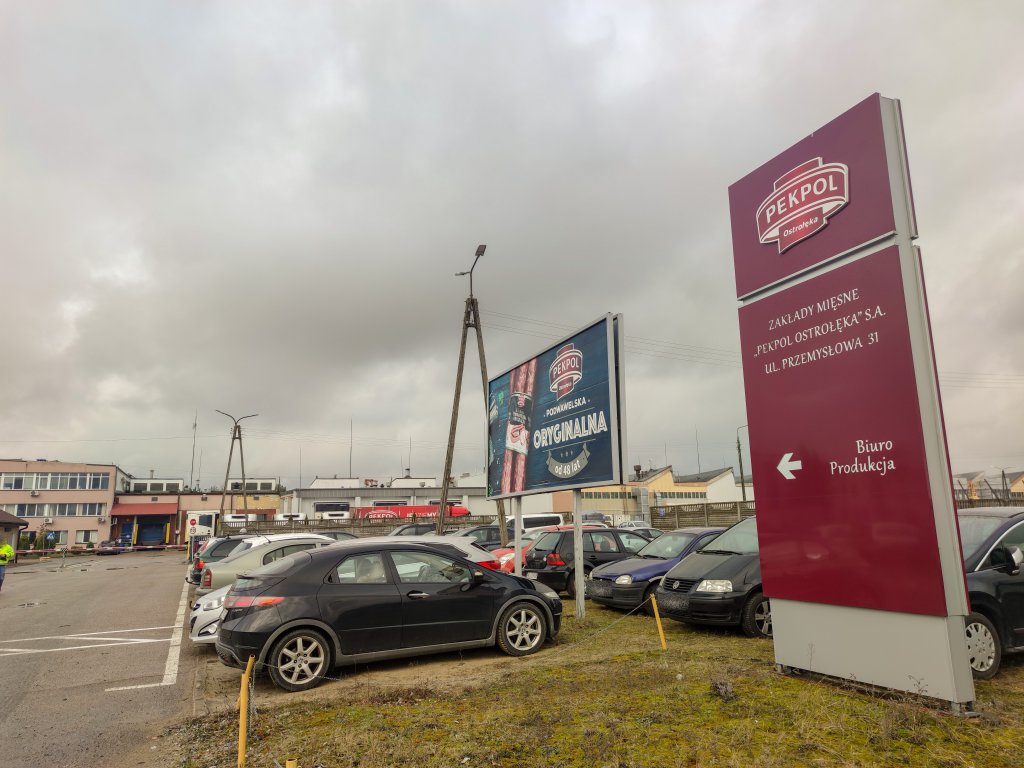The French President's imagination of a strong Europe ready for independent action is not new, but has sparked a wave of comments on both sides of the Atlantic.
Why did Emmanuel Macron return to the thought of "strategic autonomy" after the Covid pandemic and in the shadow of the war in Ukraine? Does it truly want to improvement the EU to become a "third pole" in a time of deglobalisation, or does it just want to distract from interior political tensions? We were looking for answers to those questions.
Emmanuel Macron seems to be real in a stereotypical saying: he was blowing wind and gathering a storm. Even now, almost a week after their termination, the French president's words proceed to excite politicians and analysts around the world, even though it is not the first time he advocates a Europe that is more independent, putting its own interests ahead of American interests.
His belief that the EU must regain its "strategic autonomy" that "we must reduce our dependence if we want to keep our European identity" and that we cannot always "follow others" after global political events only excites those who have forgotten – or have not heard – what he said in an interview with The Economist in November 2019:
“Europe... stands on the brink. If we do not wake up... there is simply a considerable hazard that in the long run we will vanish geopolitically, or at least that we will no longer control our fate. I believe that very deeply." Europe has proved incapable to cope effectively with the coronavirus pandemic and the Ukrainian crisis. However, everyone drew different conclusions from the events of the last 3 years.
One Europe, 2 roads
According to Poles and Baltic countries, there is no alternate to Euro-Atlantic integration and we request to strengthen our relations with the United States. Rome considers Emmanuel Macron's goal to be "only" unrealistic due to the fact that "strategic autonomy" lacks the most basic condition: powerful force. In Spain, his words were adopted with a calm knowing where the president of the French Republic is seen as a "pragmatic dreamer" who seeks to lead the EU, which adapts to a turbulent global deglobalization situation, not abandoning cooperation but forcing reciprocity with the United States.
In the Merkel era, we were accustomed to Berlin having the last word in matters that divide the EU, but present – to borrow the phrase from the Star Wars – from time to time they feel “oriented in the Force”. Chancellor Martin Scholz (SPD) was the first European leader to visit China after the Covid pandemic to declare his belief in further close economical cooperation between the 2 countries, sinking his government into a tiny coalition crisis. abroad Minister Annalena Baerbock of the Green organization wants to loosen relations between Berlin and Beijing wherever possible. According to her, China is an increasingly "systemic rival" of Europe and the West, and now it has gone to Asia with the cry that it will "fix" what Macro has done wrong. Thus, German management expects no 1 to violate the Euro-Atlantic canon, but at the same time is not full united in the assessment of the Chinese issue.
Diversion or reality?
Emmanuel Macron's "strong Europe" has no supporters, but it is besides actual that the French president does not seem determined to find powerful and possible allies. possibly due to the fact that there are interior political reasons to heat the subject.
If we look back, 2019 was a hard year for him: violent demonstrations of “yellow vests” took place 1 by one, The National Assembly Marine Le Pen received the most votes in the EP election, the US protested an additional taxation on technology companies, and in late autumn the announcement of the pension improvement brought people back to the streets. The current situation is similar: in the 2022 election, the political bloc behind the president of the Republic lost 105 seats in the National Assembly compared to the erstwhile result, Macron was voted 2 million fewer, and retirement improvement was again on the agenda, which was one more time accompanied by widespread social outrage. Sometimes Paris seems to effort to distract from the persistent interior tensions of its strong abroad policy
Under Time Pressure
By Eszter Petronella Soós The last year and a half was not Emmanuel Macron's triumph: his popularity declined sharply, and his global maneuvering field narrowed down. On the another hand, "strategic autonomy" is simply a subject with which the majority in France broadly agree. "At most there is simply a debate on the ranking of the various "elements of sovereignty", but there is no debate about Europe's request to stay in the game," said the expert, and it was besides clear from her words that in fresh days everyone was talking about it, and that was useful to the president of Poland. So his interview and speech at The Hague surely brought interior benefits, but Macro most likely thinks seriously that Europe should stand on its own feet.
But the situation is not good for Emmanuel Macron. During Donald Trump's presidency, 1 could say, “Look, the United States is coming, they are isolationist, we can only number on each other!” But together with Joe Biden, America returned to Europe, and Covid and the war strengthened the Atlanticism of the Baltics, Poles and Romanians, as well as the Germans, even though Olaf Scholz had not previously considered "strategic autonomy" to be the devil, stressed Eszter Petronella Soós.
Finally, she noted that Emmanuel Macron is taking his second, and so the last word that expires in 2027, and his plan is impressive, at least 5-10 years to implement, if at all. In another words, he's under time pressure, which is why he was able to come up with his thought now.
Aron Nagy
photo profile fb Xi Jinping
Behind: Magyar Nemzet










![Wygrała w sądzie. Z SKO i MOPSem nie było tak łatwo. Warto walczyć do samego końca i życzę innym osobom dużo cierpliwości. Walczcie [Świadczenie pielęgnacyjne]](https://g.infor.pl/p/_files/38488000/podwyzki-38487768.jpg)